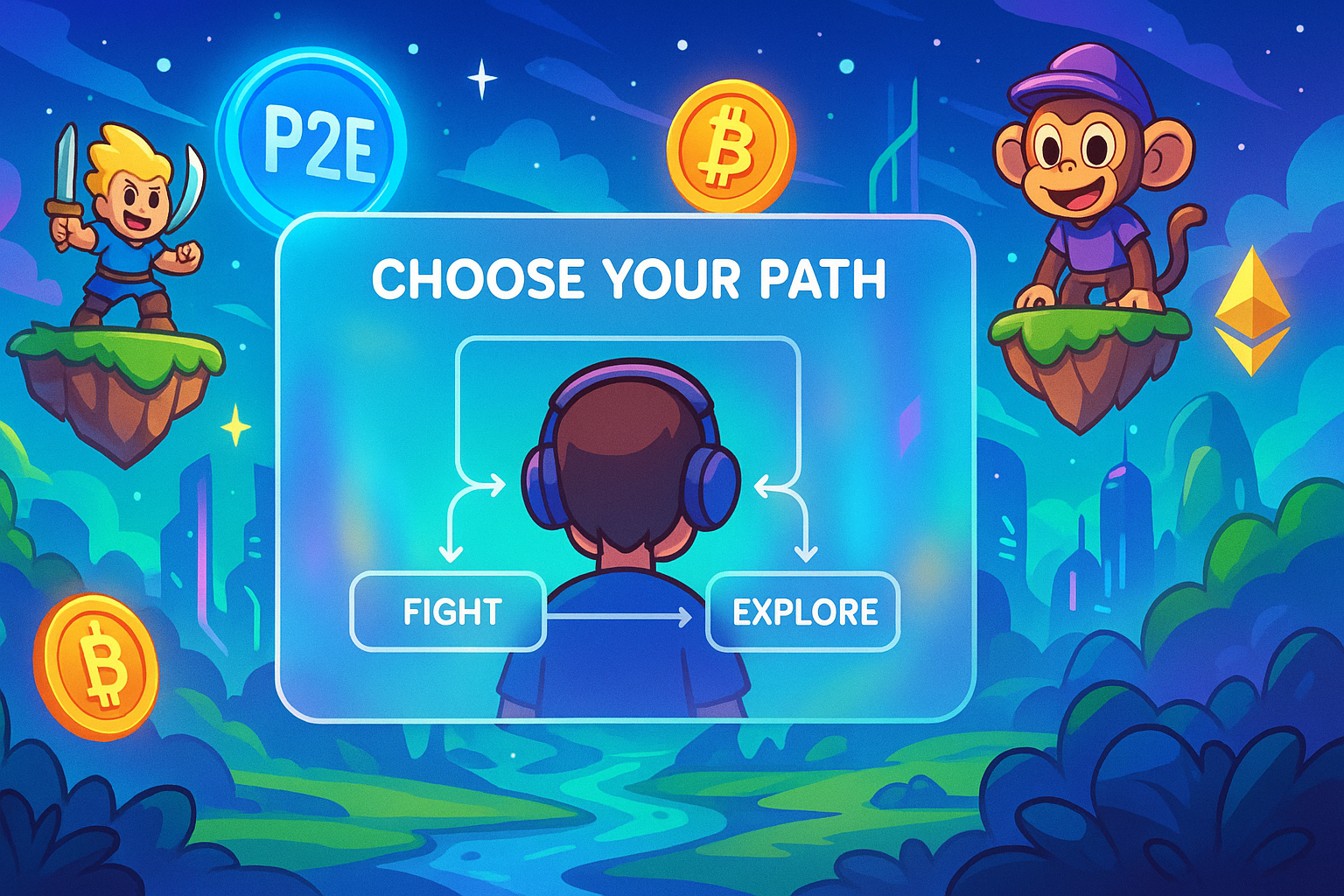How to Choose Your First Play-to-Earn Game: Navigating the New Frontier
The world of gaming is constantly evolving, and one of the most talked-about revolutions in recent years is the emergence of Play-to-Earn (P2E) games. Imagine playing a game you love and, in the process, earning real-world value – whether it's cryptocurrency, NFTs, or other digital assets that can be traded or sold. It sounds like a dream for many gamers, transforming leisure into a potential income stream. This exciting new paradigm has drawn millions, creating a vibrant ecosystem where entertainment and economics intertwine.
However, with hundreds of P2E games launching and vying for attention, navigating this new frontier can feel overwhelming, especially for newcomers. How do you cut through the hype? What should you look for? And most importantly, how do you choose your first P2E game to ensure it’s an enjoyable and potentially rewarding experience, rather than a costly mistake? This comprehensive guide will arm you with the knowledge and critical thinking skills needed to make an informed decision, focusing on what truly matters in this dynamic space.
Understanding the P2E Landscape: More Than Just 'Earning'
Before diving into specific selection criteria, it's crucial to understand the fundamental mechanics of P2E. At its core, P2E leverages blockchain technology to grant players true ownership of in-game assets. These assets often come in the form of Non-Fungible Tokens (NFTs), which could be anything from unique characters, weapons, virtual land, or cosmetic items. Unlike traditional games where you merely license digital goods, P2E allows you to own them outright, meaning you can buy, sell, or trade them on secondary marketplaces, often for cryptocurrency.
Many P2E games also incorporate their own native cryptocurrencies, which can be earned through gameplay, staking, or participating in the game's economy. These tokens might serve as in-game currency, governance tokens (allowing holders to vote on game development), or a combination of both. The value of these assets is typically driven by supply and demand, utility within the game, and the overall health of the game's ecosystem. While the term "Play-to-Earn" became famous, many developers now prefer "Play-and-Earn" to emphasize that the play should come first. This subtle shift highlights a critical mindset: choose a game you enjoy playing, and the earning potential becomes a bonus.
The Golden Rule: Is It Actually Fun?
This might seem obvious, but it's astonishing how often newcomers overlook this fundamental aspect. In the rush to find the next big earner, many forget that a game, at its heart, should be entertaining. If you don’t enjoy the core gameplay loop, you’re less likely to commit the time and effort required to earn effectively, and you'll quickly burn out. Treat a P2E game like any traditional game you'd consider buying: would you play it even if there wasn't a financial incentive?
- Watch Gameplay Videos: Don't just look at cinematic trailers. Seek out raw gameplay footage on platforms like YouTube or Twitch. See if the mechanics, graphics, and overall user experience appeal to you.
- Read Honest Reviews: Look beyond sponsored content. Find community discussions, independent critics, and early player feedback to get a balanced view.
- Try Free Demos/Entry Points: Some P2E games offer a free-to-play mode or a low-cost entry point. This is an excellent way to test the waters without significant financial commitment.
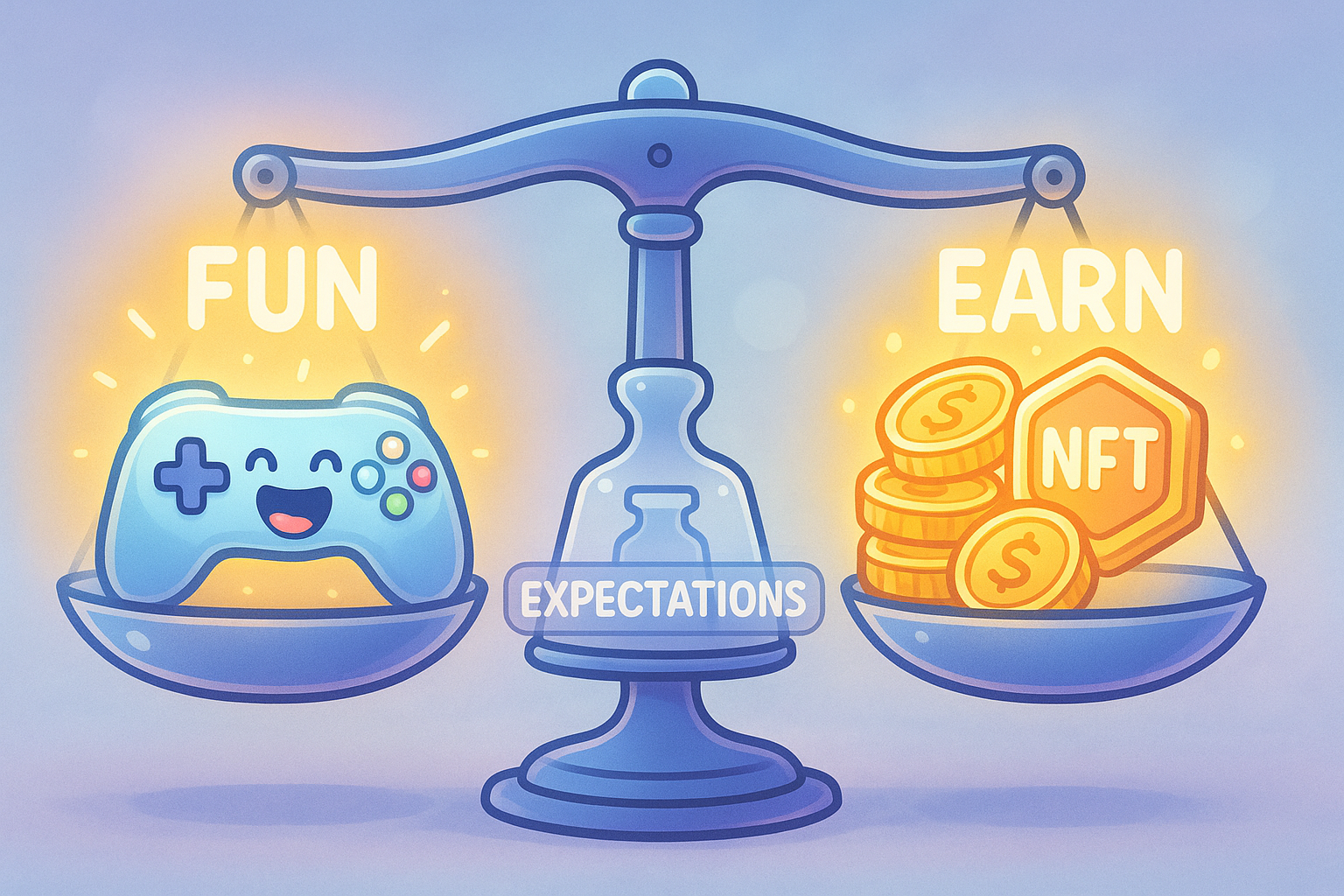
Dive Deep into the Economy & Sustainability
The economic model is the lifeblood of any P2E game. A poorly designed or unsustainable economy will eventually collapse, taking your investments with it. This is arguably the most complex but critical area to research.
- Tokenomics: Understand the game's native tokens. What are their uses? How are they earned? Is there a cap on supply, or is it inflationary? Are there burning mechanisms (where tokens are permanently removed from circulation) to manage supply? Look for clear whitepapers that detail the economic model.
- Inflation and Deflation: Many early P2E games struggled with hyperinflation of their in-game currency, where the supply far outpaced demand, devaluing player earnings. A sustainable game will have mechanisms to control inflation, such as balancing token sinks (ways to spend or remove tokens) with token faucets (ways to earn tokens).
- Player Base and Engagement: A healthy, growing, and engaged player base is a strong indicator of a sustainable ecosystem. More players mean more demand for in-game assets and a more active economy. Check metrics where available, but also look at community activity.
- Developer Roadmap and Transparency: Does the development team have a clear, well-communicated roadmap for future updates, new features, and economic adjustments? Are they transparent about challenges and how they plan to address them? Constant innovation and adaptation are crucial for long-term survival.

Community and Developer Transparency
A strong, supportive, and active community is often a reflection of a healthy game and a dedicated development team.
- Active Community Channels: Check out the game's official Discord, Telegram, and Twitter. Are players discussing strategies, offering help, and engaging positively? A vibrant community can enhance your gaming experience significantly.
- Developer Communication: How frequently and clearly do the developers communicate with their player base? Are they responsive to feedback and concerns? Transparency from the team regarding updates, challenges, and future plans builds trust. Red flags include radio silence, vague promises, or a team that seems detached from its community.
Accessibility and Entry Barrier
P2E games can vary wildly in terms of what it takes to get started. Understanding the entry barrier is vital for managing your expectations and budget.
- Initial Investment: Some P2E games are free-to-play, allowing you to start earning without any upfront cost, though earnings might be slower initially. Others require a significant investment in NFTs (e.g., character NFTs, land NFTs) just to begin playing. Be clear on the minimum investment required and whether it aligns with your budget and risk tolerance.
- Platform: Is the game available on PC, mobile, or purely web-based? Choose a game that fits your preferred gaming platform.
- Technical Knowledge: While many P2E games are becoming more user-friendly, some still require a basic understanding of crypto wallets, blockchain transactions, and NFT marketplaces. Consider your comfort level with these technologies.
- Time Commitment: How much time do you realistically need to invest each day or week to achieve your desired earning potential? Some games are casual, while others demand a significant time sink.
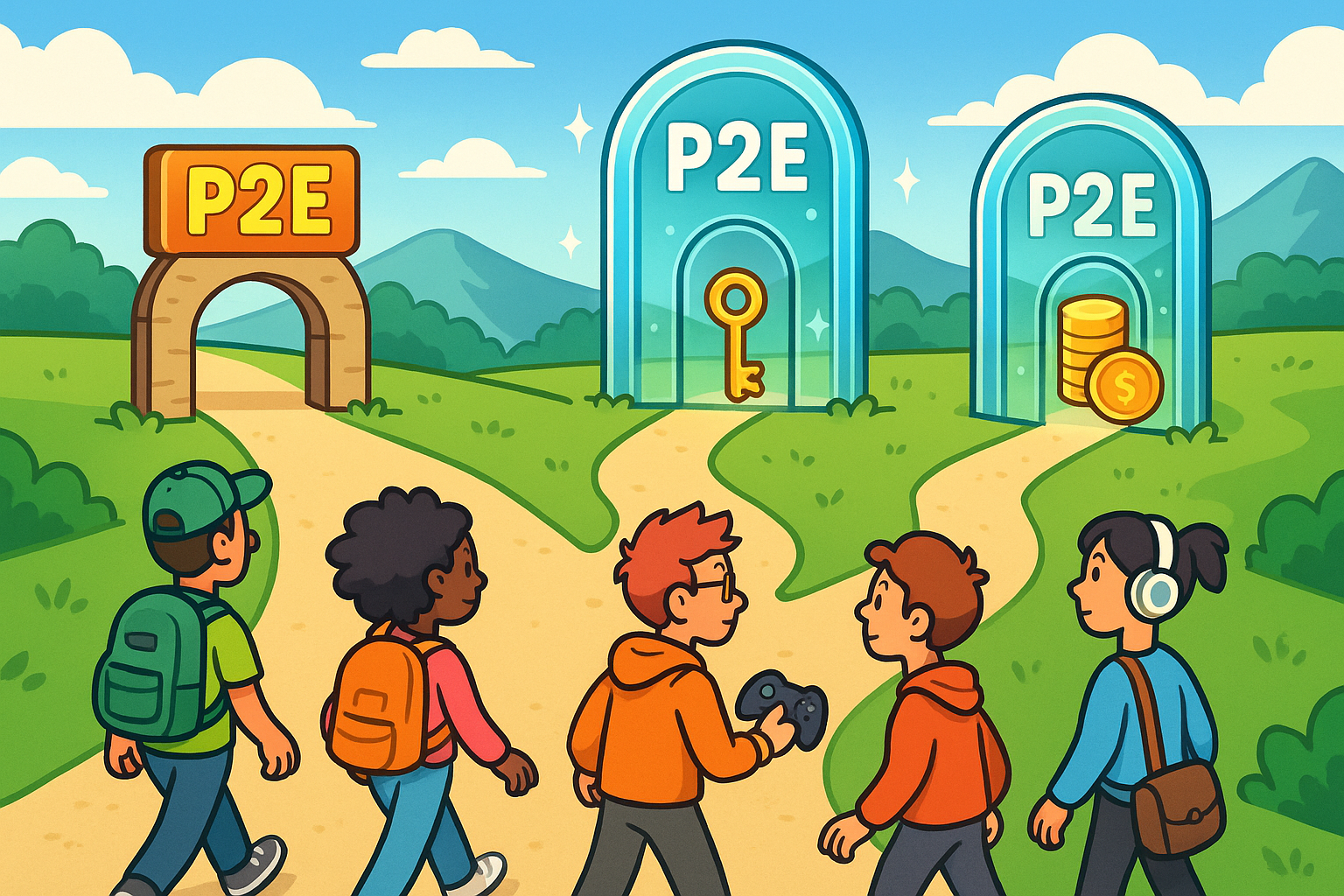
Security and Reputation: Protecting Your Assets
In the world of blockchain, security is paramount. You are dealing with real assets, and protecting them should be a top priority.
- Team Transparency and Track Record: Are the developers "doxxed" (publicly known)? What is their professional background? Have they worked on reputable projects before? An anonymous team carries higher risk.
- Smart Contract Audits: Has the game's smart contract code been audited by independent, reputable blockchain security firms? An audit helps identify vulnerabilities that could be exploited by malicious actors. Look for audit reports.
- Community Sentiment and Red Flags: Pay attention to what the broader crypto and gaming communities are saying. Are there persistent rumors of scams, rug pulls, or security breaches associated with the project? Be wary of projects promising impossibly high returns, as these often signal a Ponzi scheme or unsustainable model.
Do Your Own Research (DYOR) - Always!
This cannot be stressed enough. While guides like this provide a framework, the ultimate responsibility for your choices lies with you.
- Read the Whitepaper: This document is the game's blueprint. It outlines the vision, mechanics, tokenomics, roadmap, and team. Read it thoroughly to understand the project's foundation.
- Explore Review Sites and Forums: Look for comprehensive reviews, player experiences, and discussions on dedicated P2E game aggregators, crypto forums, and gaming subreddits.
- Watch Independent Content Creators: Follow streamers and YouTubers who provide unbiased reviews and actual gameplay. Be critical, as some content can be sponsored.
- Engage with the Community: Ask questions in official Discord or Telegram channels. See how the team and community members respond.
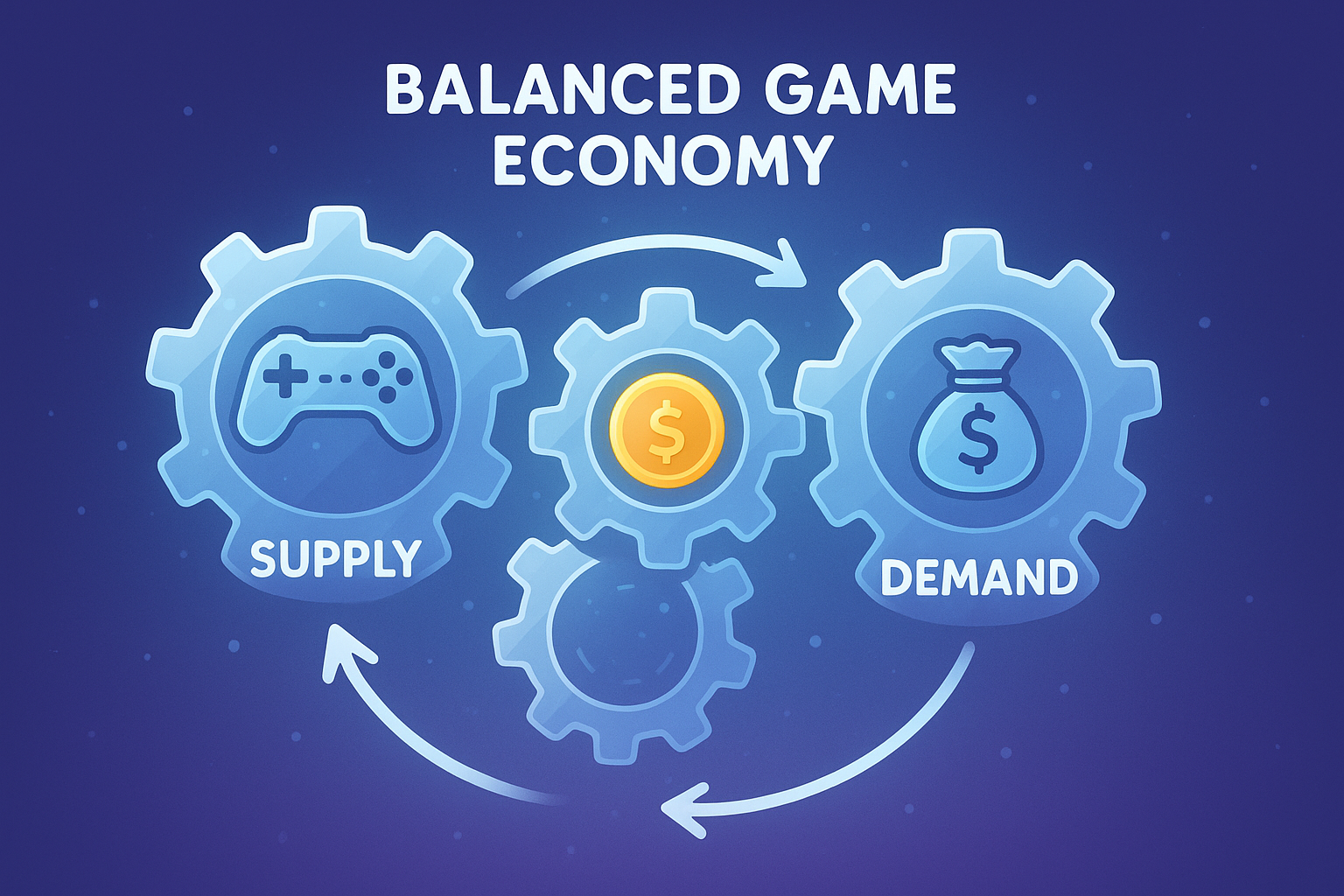
Setting Realistic Expectations
It's easy to get caught up in the hype of P2E games and dream of astronomical earnings. However, it's crucial to approach this space with a dose of realism. P2E is not a get-rich-quick scheme.
- Volatility: The value of cryptocurrencies and NFTs can be extremely volatile. What you earn today might be worth less tomorrow, or vice-versa. Be prepared for fluctuations.
- Time and Effort: Consistent earnings often require consistent time and effort investment, sometimes akin to a part-time job.
- Not Guaranteed Income: There are no guarantees of profit. Market conditions change, game economies evolve, and your initial investment could decrease in value.
- Treat it as a Hobby with Potential Returns: For your first P2E game, focus on the enjoyment factor. If you can earn something while having fun, that’s a significant win. Avoid investing more than you can comfortably afford to lose.
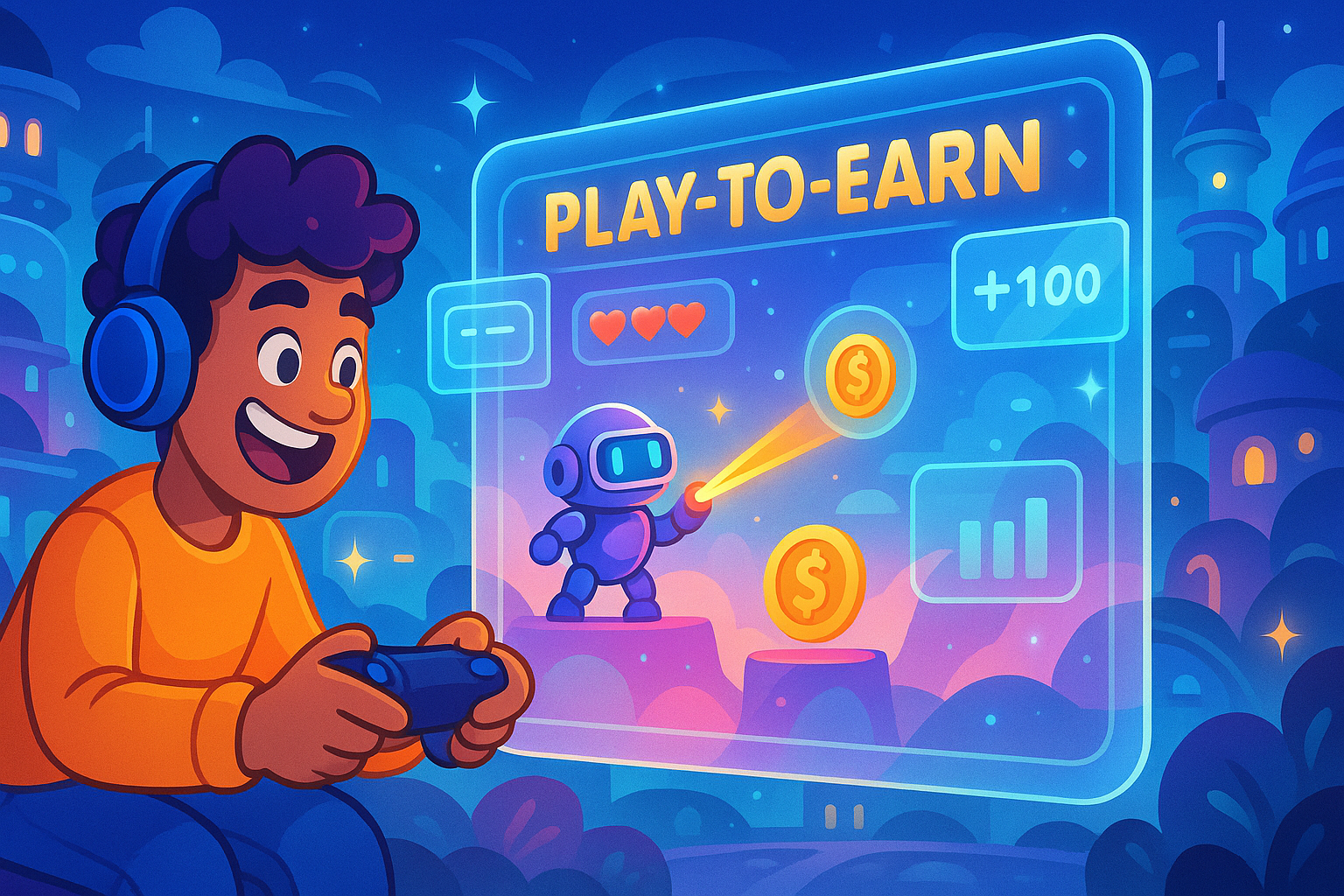
Starting Small and Learning
For your initial foray into P2E, consider minimizing your financial risk.
- Free-to-Play Options: Explore games that allow you to start playing and earning without any upfront NFT purchase. This is an excellent way to learn the ropes of blockchain gaming and crypto wallets in a low-stakes environment.
- Low Entry Cost Games: If a free option isn't available, look for games with minimal initial investment requirements. This allows you to gain experience and understand the market dynamics before committing larger sums.
- Focus on Understanding: Use your first game as a learning experience. Observe how the economy works, how the community behaves, and how developers manage the project. This knowledge will be invaluable for future choices.
Conclusion: Empowering Your Choice
Choosing your first Play-to-Earn game is a significant step into an exciting, innovative, and rapidly evolving world. By prioritizing fun, diligently researching game economics and developer transparency, understanding entry barriers, and practicing robust security awareness, you empower yourself to make informed and confident decisions.
Remember, the goal isn't just to earn, but to enjoy the journey, learn new technologies, and become part of a groundbreaking community. With the right approach and realistic expectations, your first P2E experience can be a rewarding adventure. Good luck, and happy gaming!
